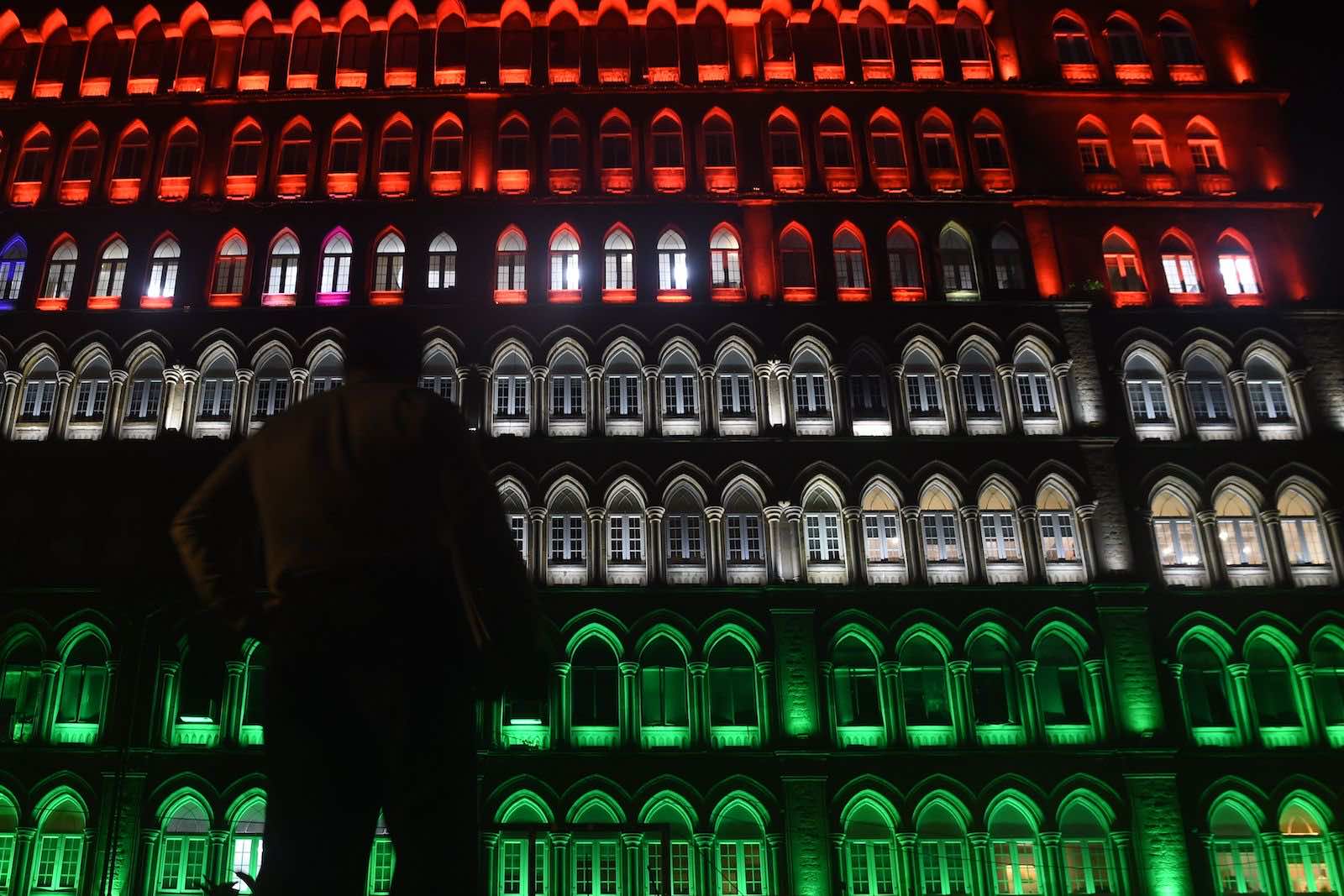The Pegasus spyware saga puts a spotlight, again, on a
lack of parliamentary accountability for intelligence agencies.

In the 1830’s Lord Thomas Babington Macaulay set about drafting a piece of legislation that would outlive not just him but also the empire that gave him the license to do so. Indeed, it’s a cruel irony that Macaulay’s world view, long discredited in the former colony, has found an almost sacrosanct following within successive independent Indian governments.
I’m speaking here of Section 124-A of the Indian Penal Code that deals with Sedition. Enacted by the colonial government in 1870, the law has not just remained part of the Indian Penal Code but has been deployed with alarming regularity against free India’s dissenting citizens. Today, students, journalists, human rights activists, cartoonists, intellectuals and dissidents routinely get caught in its far reaching net. The latest case is that of Aisha Sultana, a young filmmaker from the island of Lakshadweep, who is facing charges of sedition for questioning the actions of the federal administrator.
It’s become so common-place to use this piece of colonial-era legislation that the country’s supreme court has been forced to question whether it was necessary to keep this archaic law on the statute after 75 years of independence.
And it’s not just Macaulay’s legal creation that is now in the spotlight.
Until now questions around intelligence gathering have been deflected as anti-national or partisan politicking.
Recent revelations from journalists collaborating in the “Pegasus project” that more than 300 mobile telephones of Indian ministers, opposition politicians, legal practitioners, businesspeople, bureaucrats and journalists among others were hacked has managed to turn the nation’s attention on to the laws governing intelligence gathering and surveillance. The Pegasus project has led to opposition politicians calling for the resignation of the country’s home minister and for an inquiry into the role of the Prime Minister Narendra Modi in the alleged surveillance efforts. For its part the Indian government has neither confirmed nor denied it was a client of the Israeli company NSO which makes the Pegasus software used to spy on telecommunications.
Two veteran journalists – former editor of The Hindu N. Ram and chairman of the Asian College of Journalism Sashi Kumar – have filed a petition in the Supreme Court seeking a court-ordered investigation into whether the Indian government or any agencies related to it had obtained a license for or used the Pegasus spyware, and whether the spyware was used at any point to carry out surveillance on Indian citizens.
But India’s parliament, uniquely, has little or no power over the executive when it comes to intelligence gathering and surveillance. The Indian Intelligence Bureau or IB is yet another relic of the colonial era. Created in 1887, by the British Secretary of State, there is no Act of the Indian parliament or indeed an Executive Order relating to its functioning. As such there is no parliamentary oversight over its workings. While the IB conducts domestic intelligence work, foreign intelligence is in the hands of another organisation, the Research and Analysis Wing or RAW. Set up in 1968, this organisation works under the direct authority of the Prime Minister, once again, without parliamentary oversight.
And without such legislative constraints, ruling parties over the years have used these organisations to their advantage.

In 1975, during the infamous Emergency of Indira Gandhi, the RAW was accused of being a private agency of the Prime Minister rather than the nation’s external intelligence agency. In the 1990’s then Prime Minister PV Narasimha Rao used the Intelligence Bureau to spy on his own MPs.
More worrying in light of this history is the fact that so far there’s been a complete lack of political will to change the status quo. Every federal government in independent India from the Congress to the BJP has been comfortable with carrying on an unaccountable and immune system set in place by the British Raj.
An exception has been a private members bill introduced by Manish Tiwari in 2011, which proposed to “regulate the … functioning and exercise of powers of Indian intelligence agencies”. A member of the Congress party, Tiwari’s bill sought to bar intelligence agencies from “furthering the interests of any political party or coalition of political parties or other such interest groups”.
Every federal government in independent India from the Congress to the BJP has been comfortable with carrying on an unaccountable and immune system set in place by the British Raj.
Meantime, the Pegasus revelations have put the Modi government on the defensive. Its response so far has been one of predictable denial, obfuscation and that old chestnut “a bid to malign India”. It has steadfastly refused to answer questions on whether it actually used the spyware, instead attacking those who ask the question.
Among the more than 40 journalists whose phones have been identified by the Pegasus project is Paranjoy Guha Thakurta, writer and former editor of Economic & Political Weekly. He told Al Jazeera “a very small section of the Indian media is actually playing the role of the fourth state and holding truth to power … so this is clearly sending a message that we can invade your privacy.”
Legislative oversight of the executive is one of the key principles of a parliamentary democracy. Until now questions around intelligence gathering have been deflected as anti-national or partisan politicking. But the scale of the Pegasus snooping saga has highlighted just why a colonial-era intelligence gathering edifice, shrouded in secrecy, cannot continue unchecked in a modern democratic nation. And why it may yet change the country’s political landscape.
